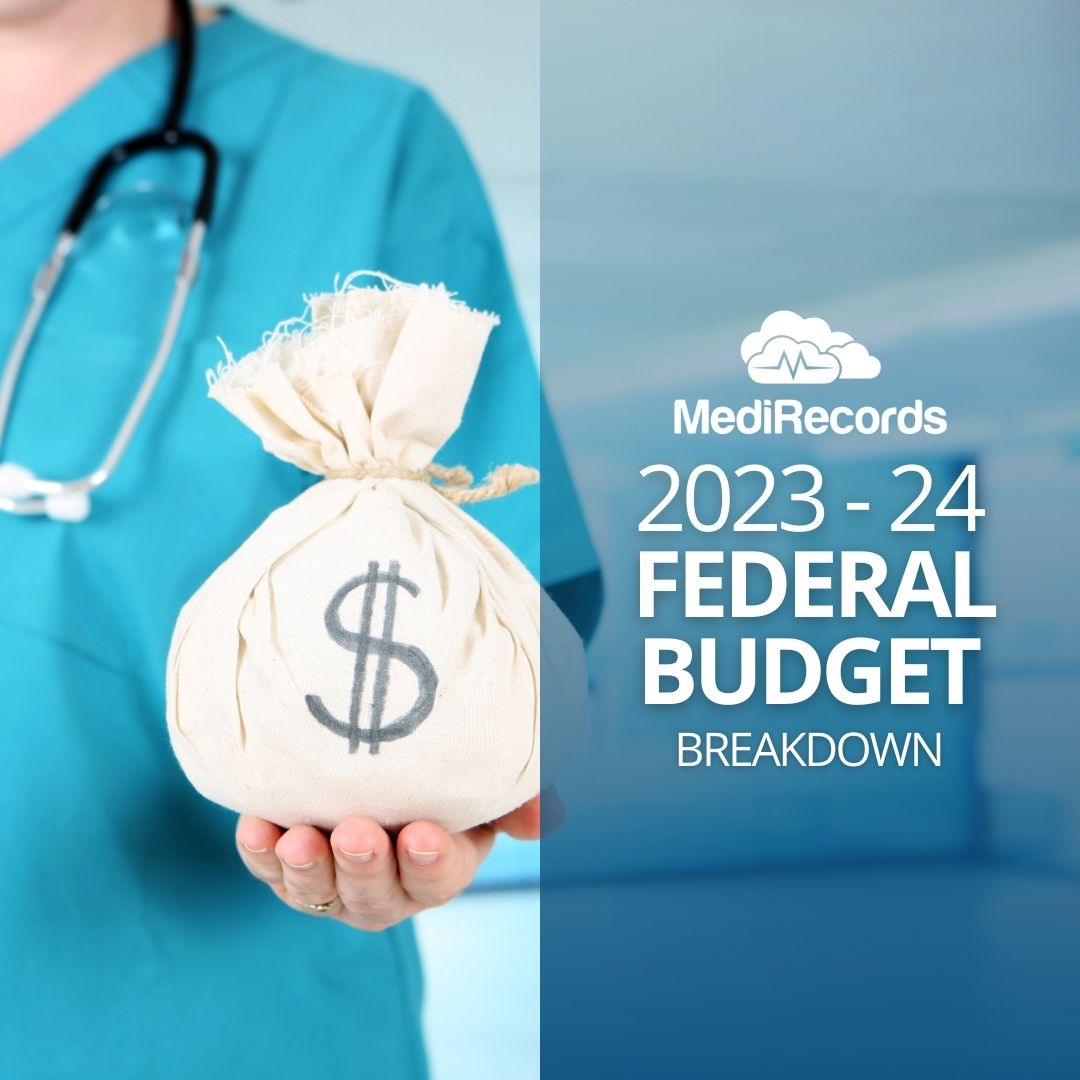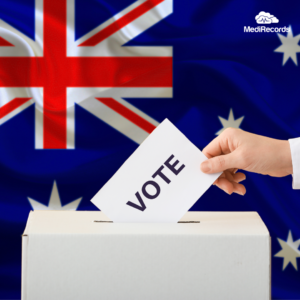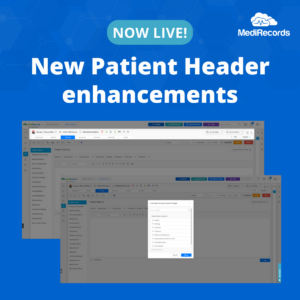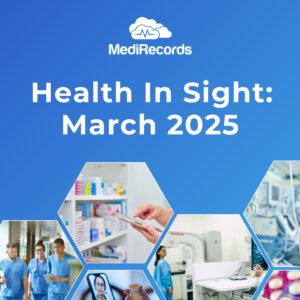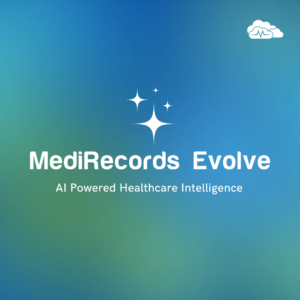May 9, 2023
Big-spending Federal Budget tackles
bulk billing crisis
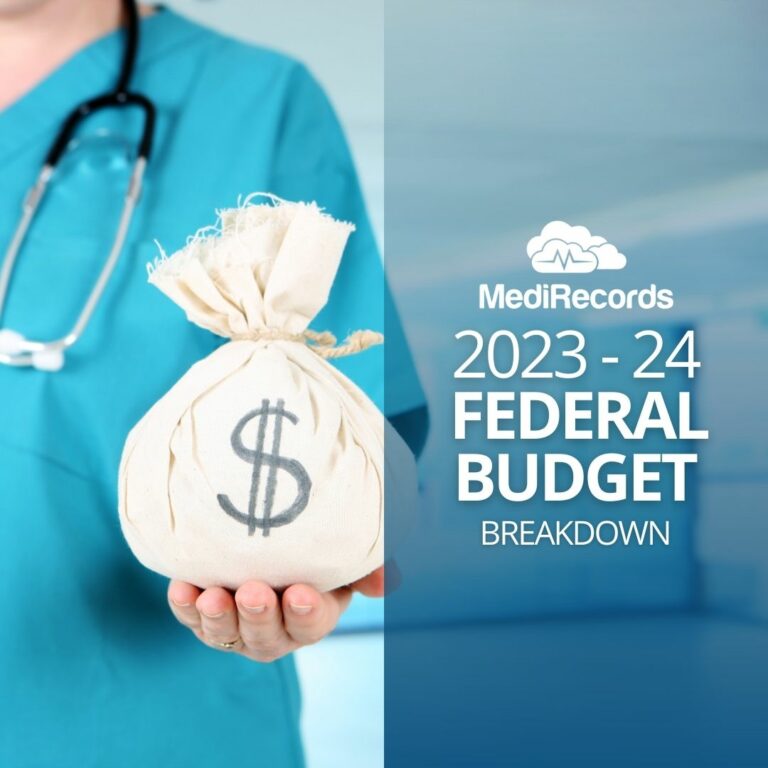
Doctors and healthcare consumers are the winners in the 2023-2024 federal Budget.
The Albanese Government’s first Budget emphasised the importance of secure, safe and efficient digital sharing of health information — albeit without mandating standards for achieving this.
A total commitment of $101 billion in health spending will include an upgrade to My Health Record, and $3.5 billion in bulk billing incentives for common GP consultations, including telehealth and videoconference, making care more affordable.
More than 300 common PBS medicines will be made more affordable, with Australians able to buy two months’ worth of medicine for the price of a single (one month) prescription.
MyMedicare — a new voluntary scheme in which patients enrol with a MyMedicare general practice — will support longer GP telehealth consultations, with reduced administration for practices, at a cost of nearly $6million to the government. There’s also more than $200 million allocated under this same scheme to provide new funding packages for general practices to provide comprehensive care to patients who are frequent hospital users ($98.9m); and for Australians in residential aged care ($112.0m).
The key budget measures for healthcare include:
- $3.5 billion in bulk billing incentives enabling more telehealth and video conference consultations, and free appointments for children aged under 11, pensioners and Commonwealth Concession Card holders.
- $358.5 million for 8 additional Medicare Urgent Care Clinics to reduce pressure on hospital emergency departments
- $98.2 million for larger Medicare rebates for long healthcare appointments, aimed at enhancing care for people with chronic diseases and mental illness.
- $445.1 million to encourage general practices to hire multidisciplinary teams to provide team-based primary care.
- $951.2 million to overhaul the My Health Record
- $46.8 million for Medicare rebates for care provided by nurse practitioners, including prescriptions of PBS medications
- $1.2 billion for community pharmacies to administer free vaccinations and support treatments for opioid addictions.

